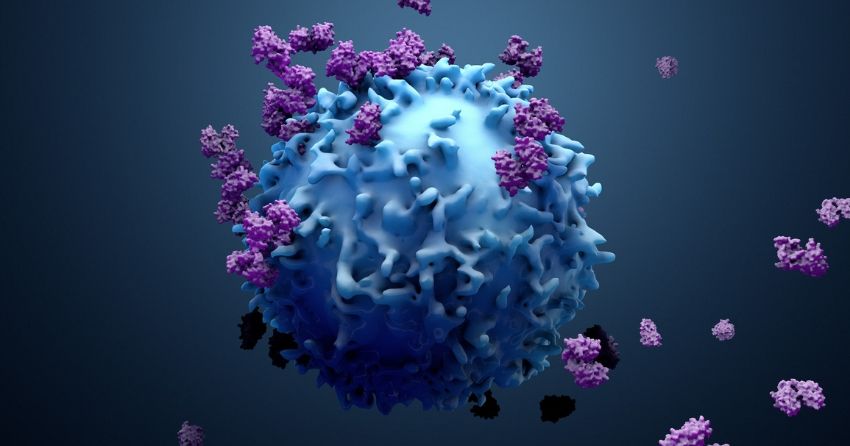Reviewing Recent Research into the Relationship between Autophagy and Aging

The authors of today's open access review paper focus on recent research into autophagy and aging, specifically work using flies as the model organism. Autophagy is the name given to a collection of cellular maintenance processes responsible for recycling damaged cell components, molecular machinery, and metabolic waste. In chaperone-mediated autophagy, selective chaperone proteins pick up other molecules and carry them to lysosomes for disassembly. In macroautophagy, unwanted cellular components are engulfed by an autophagosome, which then travels to a lysosome and fuses with it. In microautophagy, a lysosome engulfs the material to be recycled directly. A lysosome is always the end of the journey, where a mix of enzymes reduces structures and molecules into component parts suitable for reuse.
A sizable majority of the interventions proven to slow aging in short-lived laboratory species (such as flies) involve increased autophagy. Many, such as calorie restriction, do not produce benefits at all in the absence of functional autophagy. When cells are better maintained over time, with less outstanding molecular damage that can cause further downstream consequences, the outcome is a slower pace of decline into age-related dysfunction and disease. This has led to a wide range of research projects, and at least one startup biotech company, focused on trying to produce therapies capable of boosting the operation of autophagy to improve human health.
The plausible size of benefits resulting from an autophagy-based therapy can be seen by looking at the effects of regular exercise and calorie restriction in humans. Improved health is the outcome, but not a significant increase in life span. For evolutionary reasons, stress response mechanisms have a much greater relative impact on the life span of short-lived species. Mice live 40% longer when calorie restricted, while benefiting from boosted autophagy, while humans most certainly do not. This is most likely because seasonal famines last for a much larger proportion of a mouse life span, and the calorie restriction response evolved to increase fitness in this scenario.
Article first published on FightAging.org
"Besides the description of the characteristics of the aging process, the most significant finding of aging research is that aging now is considered to be a malleable process. The lifespan of organisms can be extended by both environmental and genetic traits and more importantly, their healthspan can simultaneously be improved during aging, which shows that it is possible to reach the ultimate goal of aging research. Recently, a growing body of evidence shows that alterations of autophagy, the main self-degradative process of eukaryotic cells, likely plays a central role in the aging process.
Observations in various organisms indicate that aging and autophagy have a bidirectional connection with each other. On one hand, autophagic degradation shows an age-dependent decline and impairment of autophagy contributes to the development of age-associated diseases. On the other hand, lifespan-extending interventions largely depend on the autophagy machinery for their beneficial effects on longevity. Strikingly, multiple longevity pathways seem to converge on autophagy, and genetic or environmental factors that affect lifespan through these pathways at least partly exert their effects via the modulation of autophagy. These observations point to the key role of autophagy in aging, and suggest that increased autophagy may compensate for at least some of the cellular hallmarks of aging. Thus, the housekeeping functions of autophagy can counteract the accumulation of cellular damage, which is considered to be a primary mechanism driving aging.
Studies in animal models including Drosophila revealed that autophagy defects lead to the rapid decline of neuromuscular function, neurodegeneration, sensitivity to stress (such as starvation or oxidative damage), and stem cell loss. Of note, recently identified human Atg gene mutations cause similar symptoms including ataxia and mental retardation. Physiologically, autophagic activity is known to decrease during aging, and this defect likely contributes to the development of such age-associated diseases. Many manipulations that extend lifespan (including dietary restriction, reduced TOR kinase signaling, exercise, or treatment with various anti-aging substances) require autophagy for their beneficial effect on longevity, pointing to the key role of this housekeeping process. Importantly, genetic (e.g., Atg8a overexpression in either neurons or muscle) or pharmacological (e.g., feeding rapamycin or spermidine to animals) promotion of autophagy has been successfully used to extend lifespan in Drosophila, suggesting that this intracellular degradation pathway can rejuvenate cells and organisms."
Study published in Frontiers in Cell and Developmental Biology 24 July 2019







